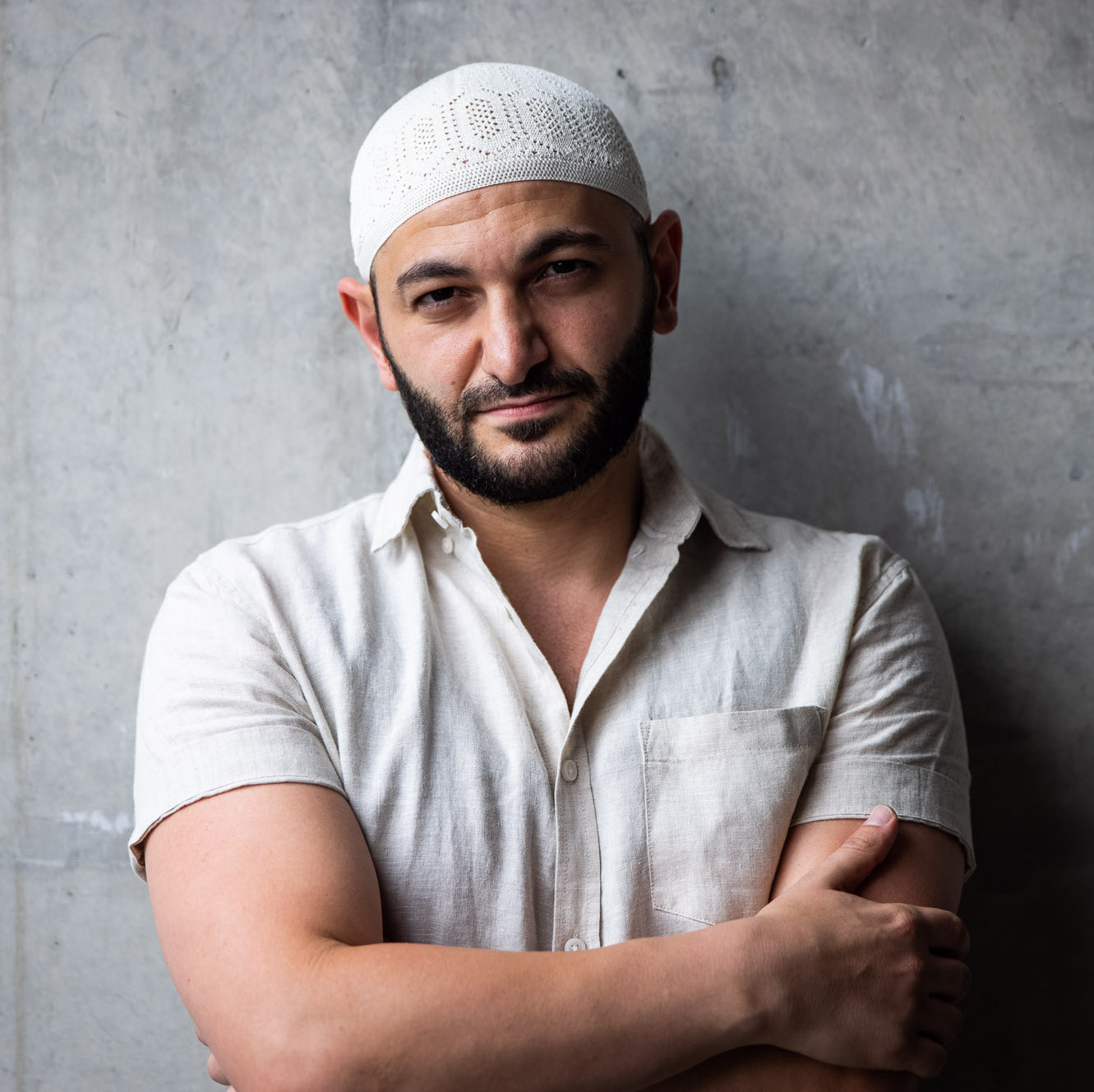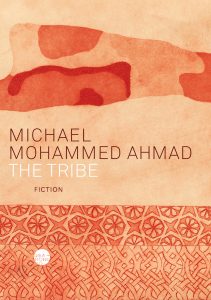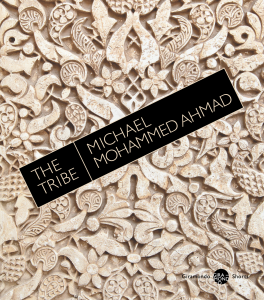
Photo: Anna Kucera
Michael Mohammed Ahmad
Michael Mohammed Ahmad is the author of three critically acclaimed works of fiction, the first of which, The Tribe, won the Sydney Morning Herald Best Young Novelists Award, and was shortlisted for the Readings Prize, the Voss Literary Prize and the UTS Glenda Adams Award. His two later novels, The Lebs and The Other Half of You, were shortlisted for the Miles Franklin Literary Award. He is the founding director of the Sweatshop Literacy Movement and the editor of several anthologies, including After Australia (Affirm Press, 2020). The Tribe has been adapted for the stage, and studied widely in high schools and universities.


